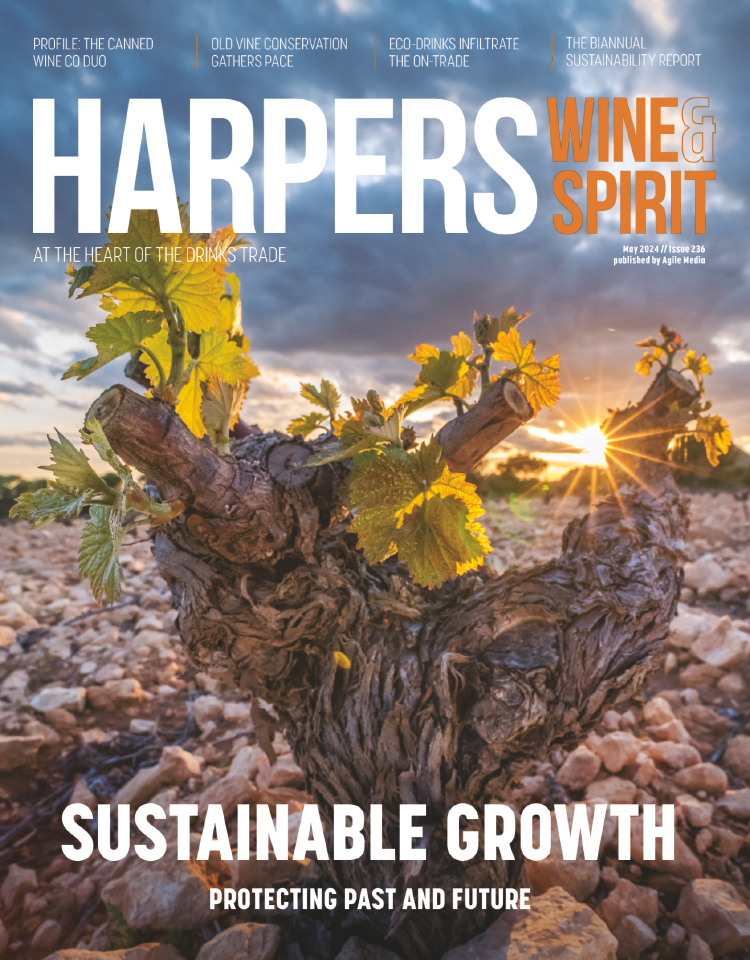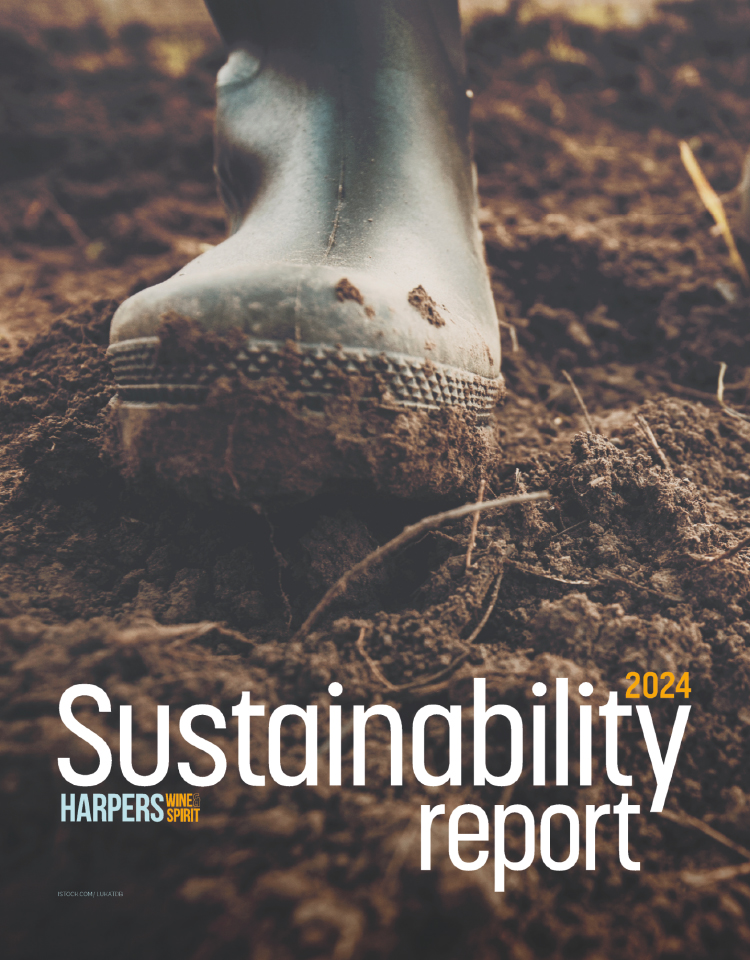
Wines from New Zealand and Argentina named the biggest winners of 2016
Brits' love of New World wine accelerated in 2016, with New Zealand and Argentina showing the biggest sales growth in the 12 months to November 2016.
New Zealand, led by Sauvignon Blanc, racked up £546m worth of sales in UK shops, bars and restaurants (WSTA figures) - an increase of 14% on 2015.
Australian wine is still top when it comes to wine sold in UK supermarkets, shops and off licences, but the growth of New Zealand and Argentinian wine is the most impressive overall.
Despite being on average more expensive per bottle than any other top ten country in UK stores, sales of New Zealand wine continues to grow.
According to the WSTA, New Zealand is strongest in the off-trade, with 56 million of the 63 million bottles total bottles sold taking place in shops, supermarkets and off-licences.
This uplift is particularly impressive in comparison to the other top ten best-selling countries of origin in the UK, where the majority are showing a decline in volume sales - due partly to Brits spending more on premium products and drinking less.
Also bucking the trend of negative growth are Argentina and Chile, both of which have seen a boost in sales in the off-trade compared to last year.
Driven largely by Malbec, UK drinkers bought over 20 million litres of Argentinian wine, the equivalent of almost 27 million bottles, from stores in the 12 months to November 2016, up 32% on the previous year.
Value sales rose 31% for the same period to £155 million in the UK's retail sector.
In the on-trade, Italian wine achieved positive growth driven mainly by Prosecco.
The UK is the second largest trader by volume (behind Germany) and by value (behind USA), according to the WSTA.
Miles Beale, chief executive of trade body for the UK wine and spirits industry, rounded off 2016 by highlighting the contradictory status of the UK as "a key international player" and the tax burden placed on consumers and employees.
"It is not well understood that the UK is the global hub of the international wine trade, a position we need to ensure we maintain," he said.
"The fall in the value of sterling is having a serious and immediate impact on importers who have shouldered the burden of the fall of the pound until now, but this is not sustainable.
"Any increase in duty, on top of the post-Brexit Sterling devaluation, would have dire consequences on Britain's wine trade. It is not only consumers who will feel the impact of price rises, but also by more than a quarter of million employees in the world leading UK wine industry."
The average bottle price on supermarket shelves is currently around £2.08 for still wine and £2.67 for sparkling, meaning that 55% of the cost is taken up in duty and VAT.
The WSTA argues that UK wine drinkers have been dealt a bad hand compared with the rest of Europe, as UK consumers pay 67% of all wine duties collected by EU member states.
Keywords:
- wine
- News
- Americas Wine News
- Argentina
- Australia
- New Zealand
- Sectors
- Asia Pacific Wine News
- Jo Gilbert
- HWS - Jo Gilbert






